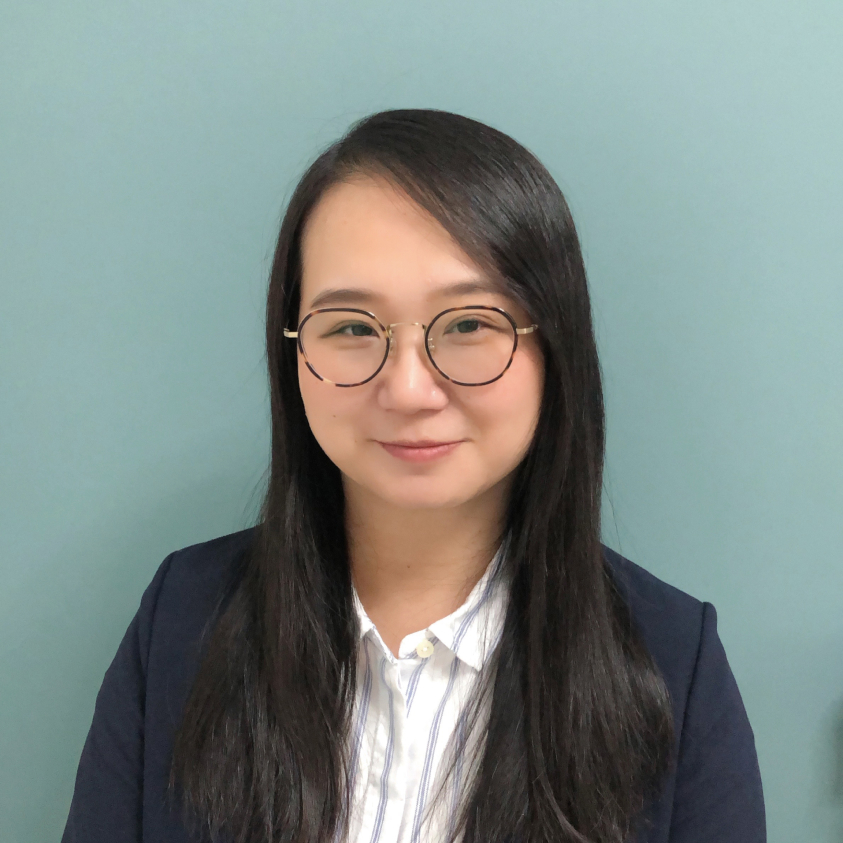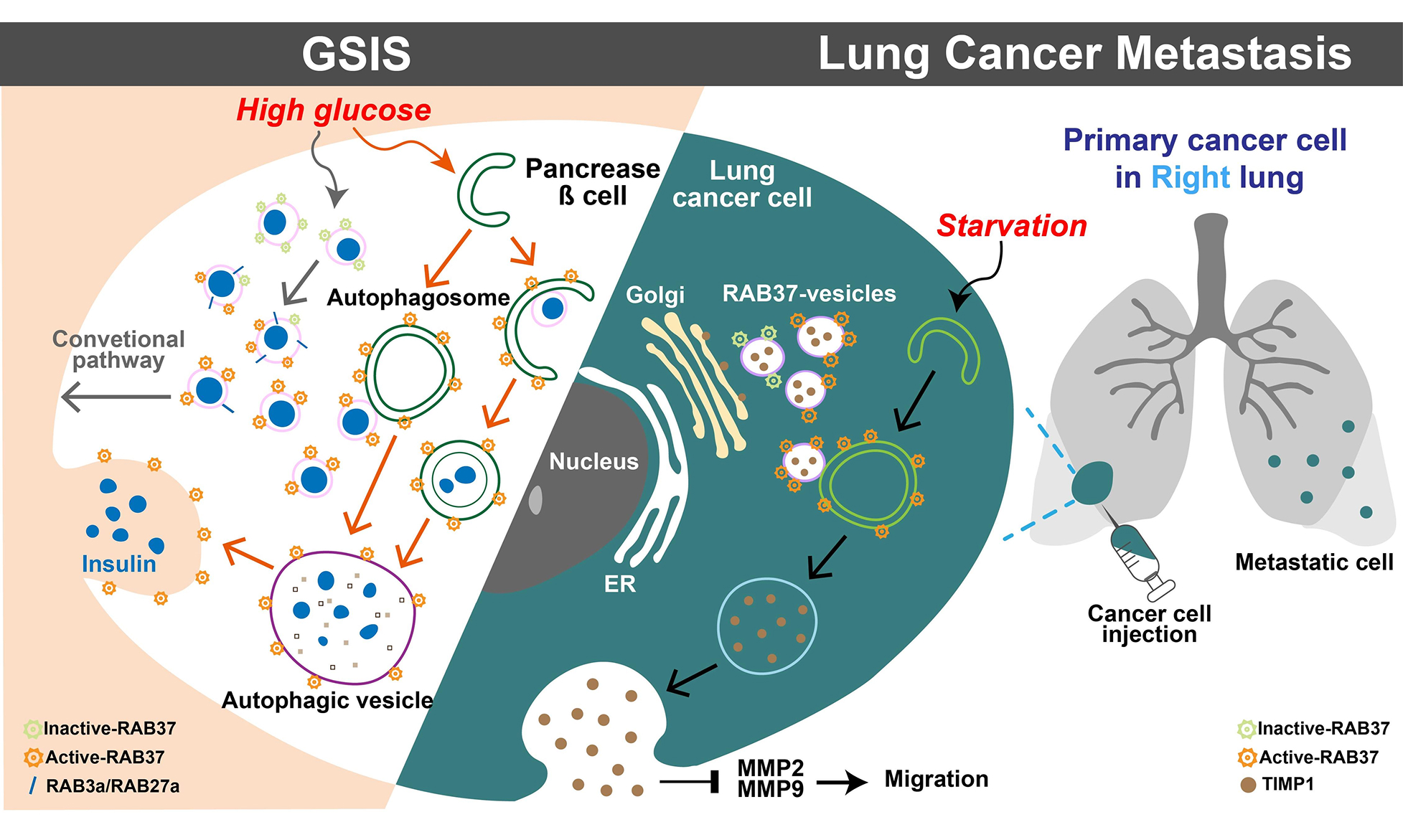吳珊瑩 Shan-Ying Wu

臺北醫學大學微生物免疫學科副教授
學歷
- 國立成功大學基礎醫學研究所博士(2014)
- 中國醫藥大學營養所碩士(2007)
- 中國醫藥大學營養系學士(2005)
經歷
- 臺北醫學大學微生物免疫學科副教授(2023/8~迄今)
- 臺北醫學大學微生物免疫學科助理教授(2019/12~2023/7)
- 國立成功大學博士後研究員(2015/8~2018/7)
個人勵志銘
走在越是艱難的路上,越要穩健前行;
做事應追求把事做好,而非有做就好,態度決定成敗。
Innovative Insights into Secretory Autophagy and Disease
My research primarily focuses on autophagy and its roles in cellular processes. Early in my career, I investigated degradative autophagy in liver cancer progression. I was the first to demonstrate that the oncogene CCND1 was degraded through the autophagic pathway. Beyond elucidating the regulatory mechanisms between oncogenic factors and autophagy, I analyzed liver cancer patient samples to bridge basic research and clinical applications and validated the tumor-suppressive effects of autophagy in animal models. Notably, my team was the first to report that miRNA was encapsulated in autophagosomes, leading us to explore how the autophagic pathway regulates miRNA homeostasis in different cancers. These studies expanded our understanding of autophagy and offered new perspectives for cancer research.
As my research evolved, I recognized the significance of secretory autophagy as an emerging field. I began exploring the regulation mechanisms of secretory autophagy in physiology and pathology. We are the first to demonstrate that secretory autophagy facilitates viral release using a dengue virus-infected lung cell model and a novel autophagosome purification technique. Additionally, we identified vesicle transport-related proteins, such as RAB and SNARE, in secretory autophagosomes, which opened new research directions. By studying insulin secretion (physiology) and lung cancer metastasis (pathology), we confirmed the key role of RAB37 in secretory autophagy.
Beyond my lab, I actively collaborate with other teams to investigate the regulation of autophagy in various physiological and pathological contexts. These collaborations have yielded significant insights into my future research. I will focus on secretory autophagy, particularly its role in viral infections and immune microenvironment modulation. I aim to uncover novel mechanisms, integrate findings with clinical applications, and ultimately contribute to innovative therapeutic strategies.

得獎感言
非常感謝國家科學及技術委員會給予我這個殊榮,讓我有幸獲得此獎項,也誠摯感謝微生物免疫學門委員的提名與支持。對我而言,研究的旅程從來不是一條孤軍奮戰的道路,而是師長悉心栽培與團隊夥伴全力支持的成果。首先要感謝劉校生老師,老師教會我的努力、毅力、判斷力,成為我在研究上的重要指標。特別感謝我的夥伴藍昇輝博士,從學生時期至今的彼此學習、互相鼓勵,我們的良性競爭與合作成就了彼此的成長。感謝林秋烽博士,在我加入臺北醫學大學後給予我的支持。最後,感謝臺北醫學大學提供了優良的教學與研究環境,成為我追求學術理想的重要基地。這份獎項背後承載著許多人的付出與支持,我滿懷感恩,並期許自己未來在科學的道路上繼續邁進。

